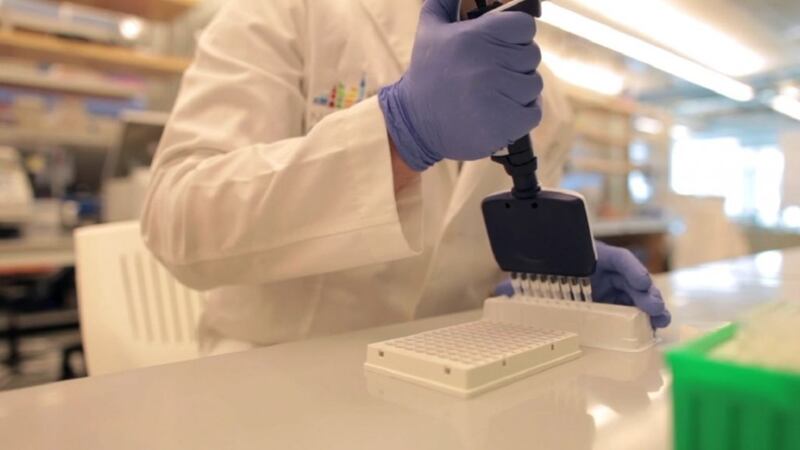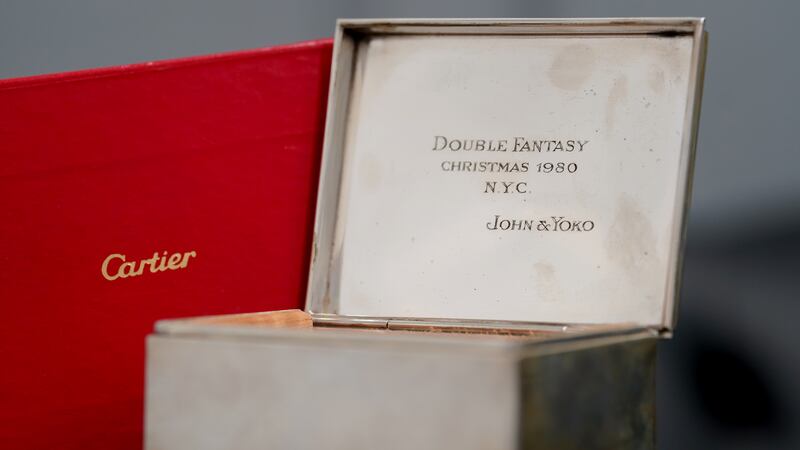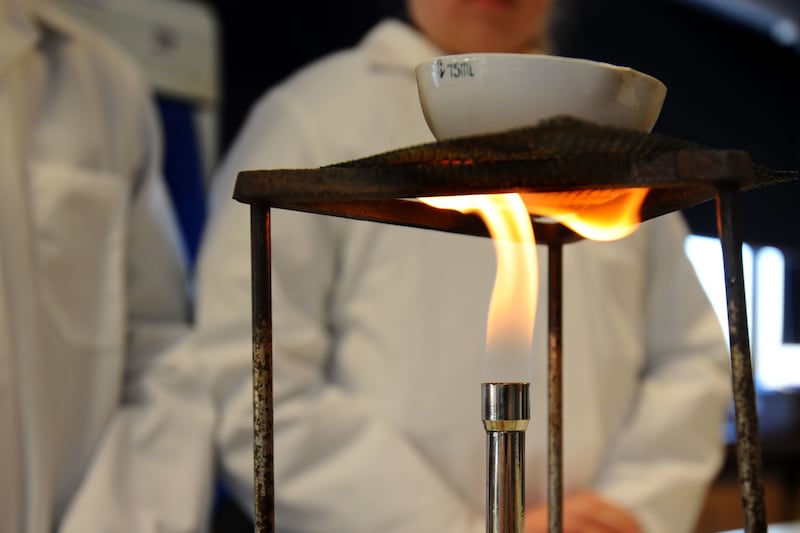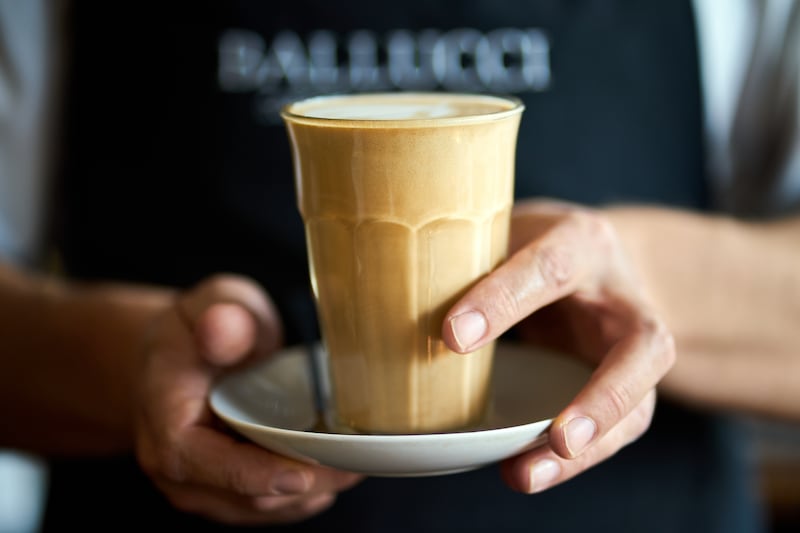Scientists have developed a method to store an Amazon gift-card, a short film and a full computer operating system, amongst other things, onto just a speck of DNA.
Most importantly, the DNA storage method was completely reliable and they were able to recover their information back from the DNA without any errors.
The researchers from Columbia University and the New York Genome Centre say that their technique, if scaled up, could theoretically store 215 petabytes of data onto just a gram of DNA. Now that’s a lot of iPhone photos.
Just one petabyte is a million gigabytes, or 13 years of high-definition video. So DNA definitely has the capacity to feed our storage-hungry generation.
It is also a million times more compact than regular digital methods of storage and it’s a liquid, making storage more flexible.
“DNA won’t degrade over time like cassette tapes and CDs, and it won’t become obsolete – if it does, we have bigger problems,” says the study’s co-author Yaniv Erlich, a computer scientist at Columbia.
They did it by converting the binary code that stores digital information into DNA code, so from ones and zeroes to As, Gs, Cs, and Ts. The DNA code also included barcodes to show what the final file should look like, which got rid of any errors when the code was translated back.
DNA storage was first done in 2012, but this is the most concentrated digital data has ever been when stored on biological molecules.
It’ll be a little while before we can start storing our pictures and video on biological hard drives though. The process cost the researchers $9,000 (£7,400) – $7,000 to initially code into DNA, and $2,000 to sequence back afterwards.
Their research has been published in the journal Science.








